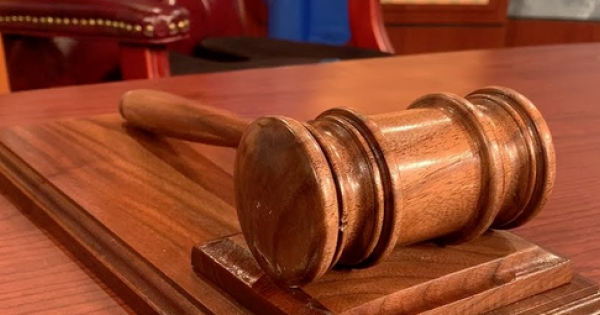advertisement
Constitutional Court Outlaws section 25 Of Computer Misuse Act 2011

Ululations, joy, and excitement from civil society activists, Journalists, and other members of the public filled the Constitutional Court in Kampala on Tuesday, when a panel of five Justices led by Deputy Chief Justice, Richard Butera, nullified section 25 of the computer misuse Act 2011.
In 2016, lawyers Andrew Karamagi and Robert Shaka went to court to challenge section 25 of the law, arguing that it infringes on citizens’ right to freedom of speech and expression.Court also ruled that section 25 curtails inherent freedoms of speech and expression that are guaranteed in the Constitution.
Section 25 of the Computer Misuse Act 2011, also known commonly as offensive communication is described as the willful and repeated use of electronic communication to disturb or attempt to disturb the peace, quiet, or right of privacy of any person with no purpose of legitimate communication, whether or not a conversation ensues. The offense is punishable by a fine not exceeding twenty-four currency points or imprisonment not exceeding one year or both.
“I find that the impugned Section is unjustifiable as it curtails the freedom of speech in a free and democratic society. Secondly, Section 25 of the Computer Misuse Act does not specify what conduct constitutes offensive communication. To that extent it does not afford sufficient guidance for legal debate”, said Justice Kenneth Kakuru.
The ruling was received by thunderous applause from civil society activists and social media lovers, who thronged the court premises.
“Therefore, I find that the impugned section is inconsistent with and in contravention of Article 29 of the 1995 Uganda Constitution,” Justice Kenneth Kakuru further said in the lead judgment.
The Court further ruled that it would be unjustified to maintain this section of the Act in a free and Democratic society when Uganda is a signatory to International treaties on freedoms and people’s rights. The justices said that the United Human Right Committee, states that any limitation on freedom of expression must be necessary.
They said states are only permitted to prohibit it through a criminal section, only if there is child pornography, direct public incitement to genocide, advocacy of national, racial, or religious hatred that constitutes incitement to discrimination, hostility or violence, and incitement to terrorism. They noted that none of the above is true with section 25 of the Computer Misuse Act.